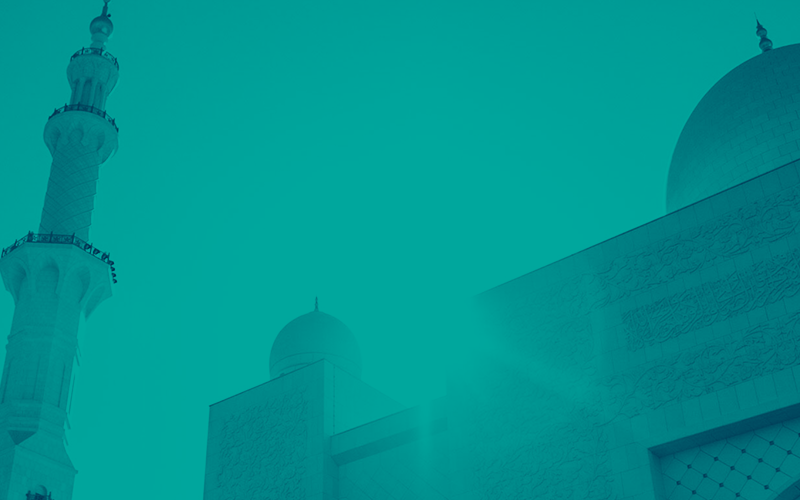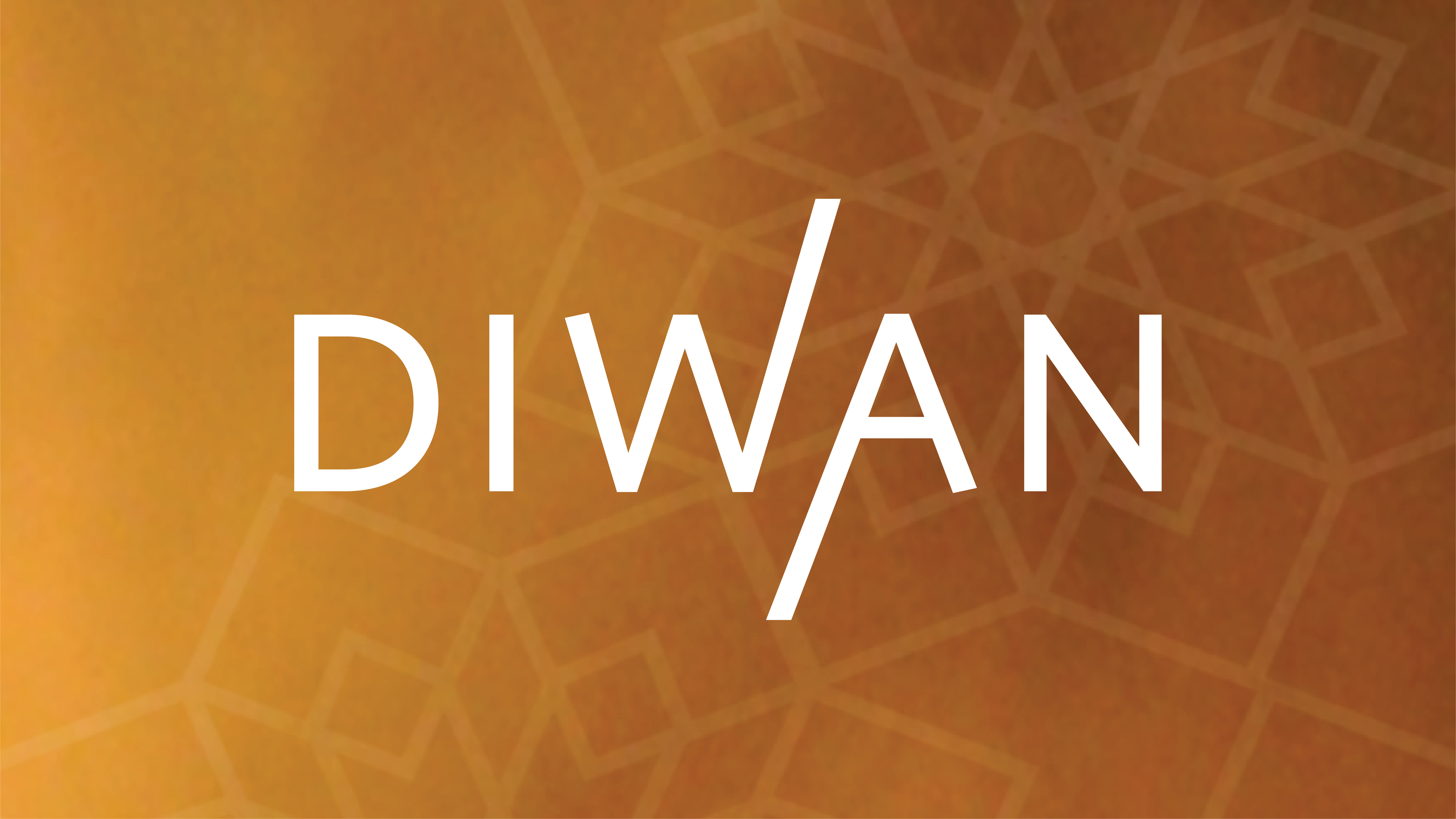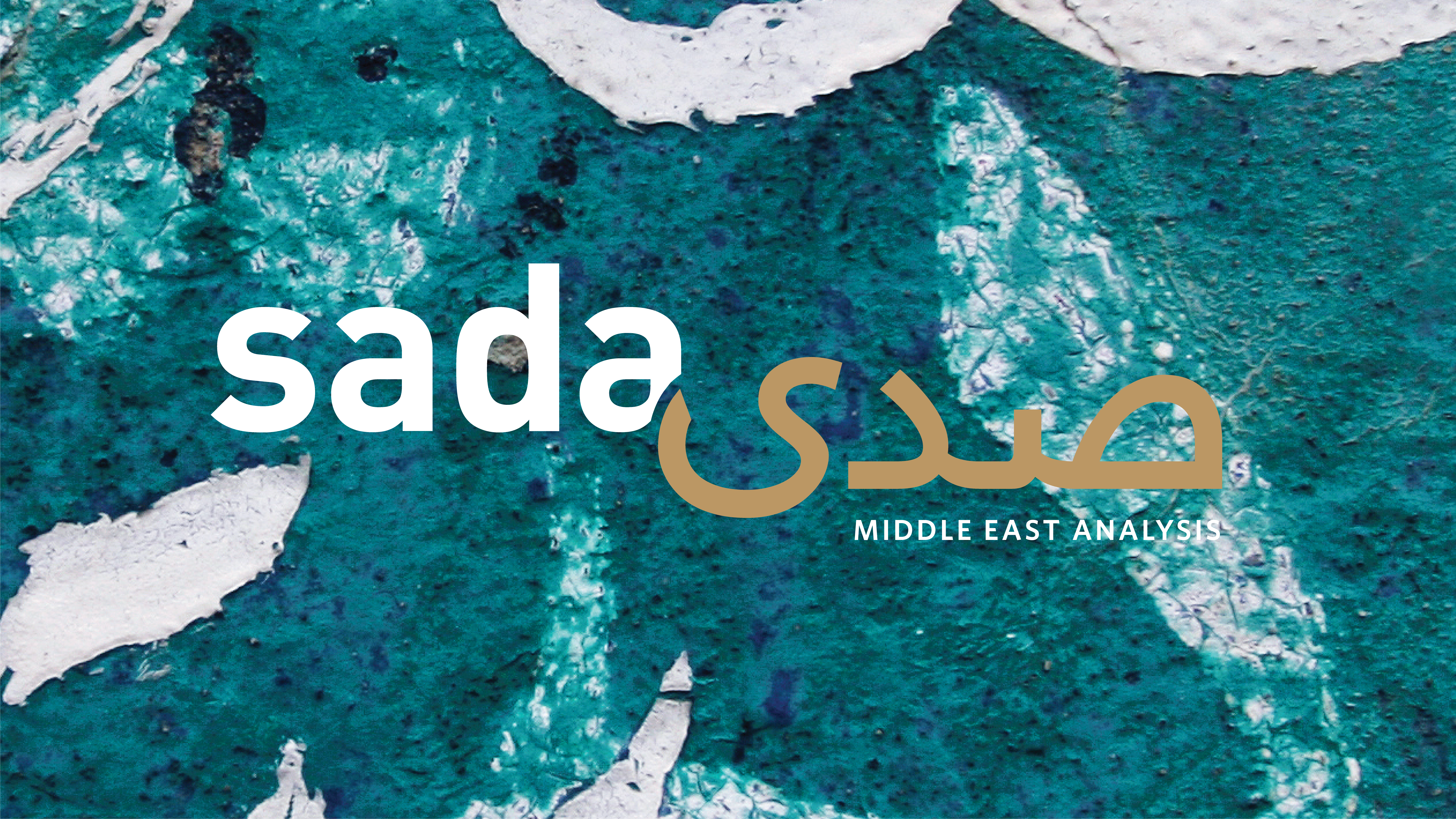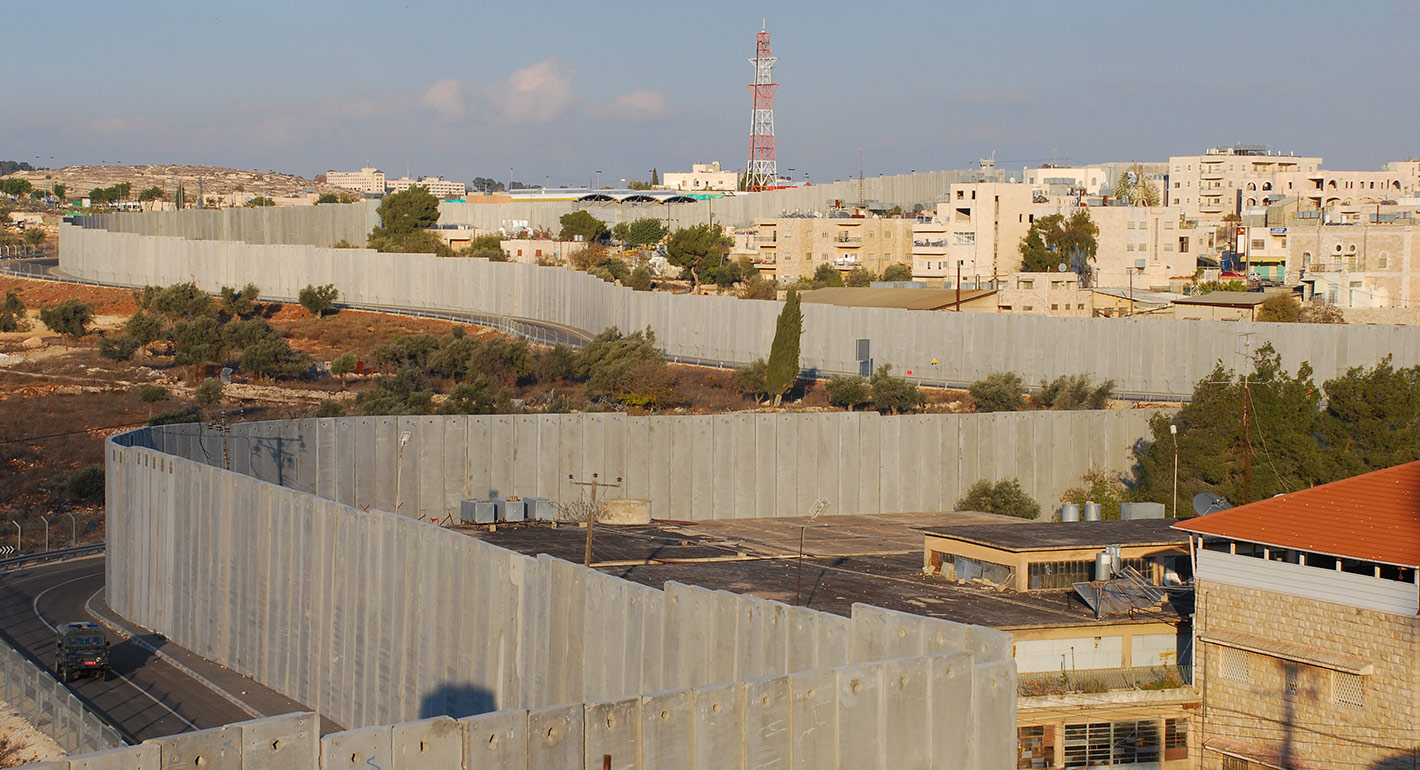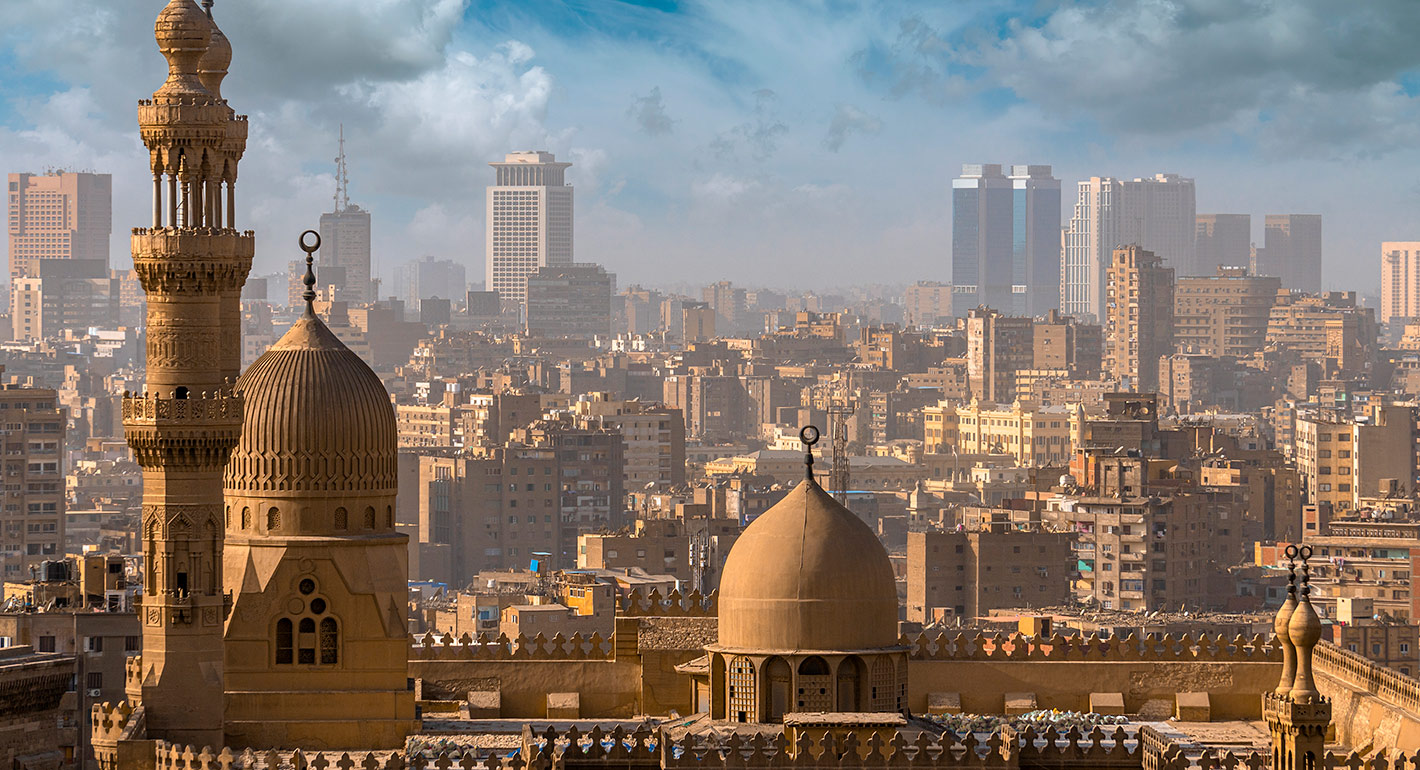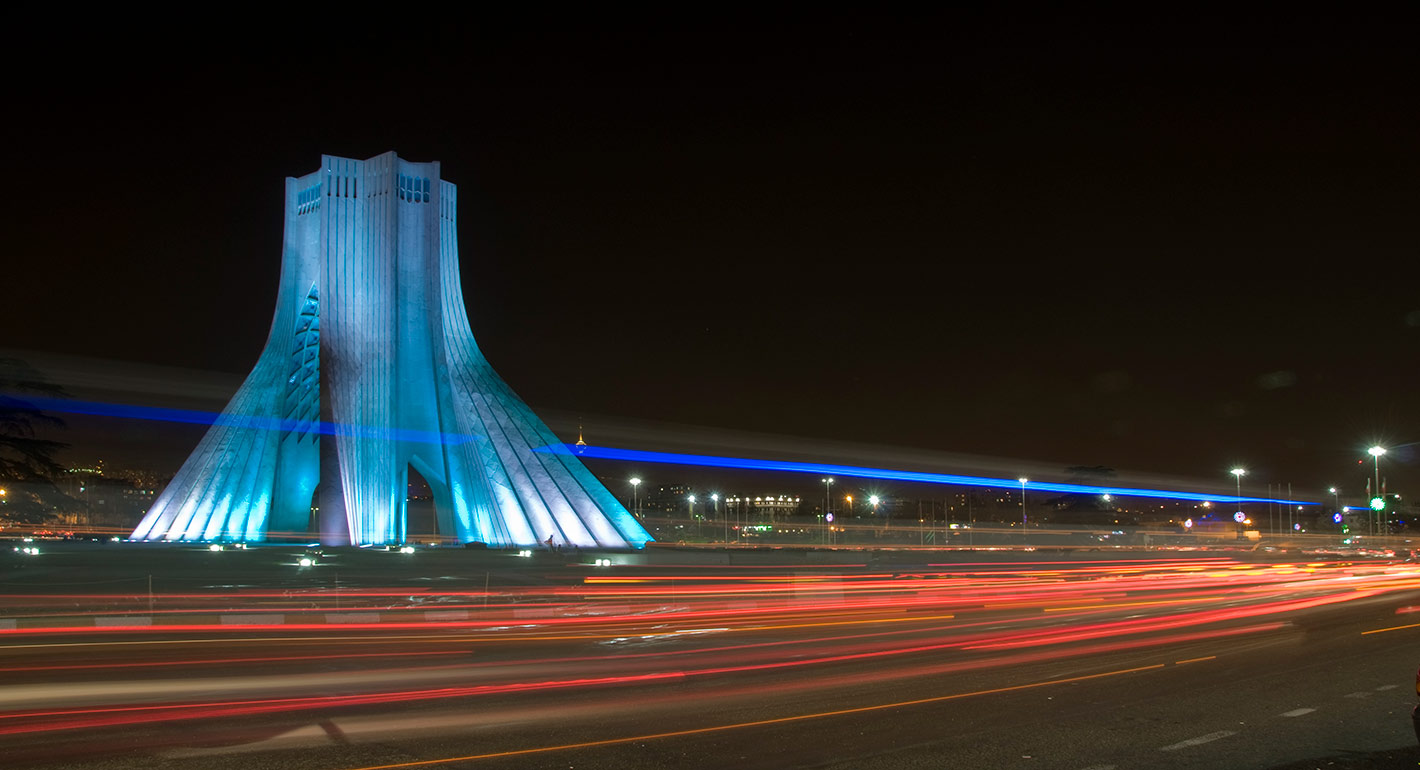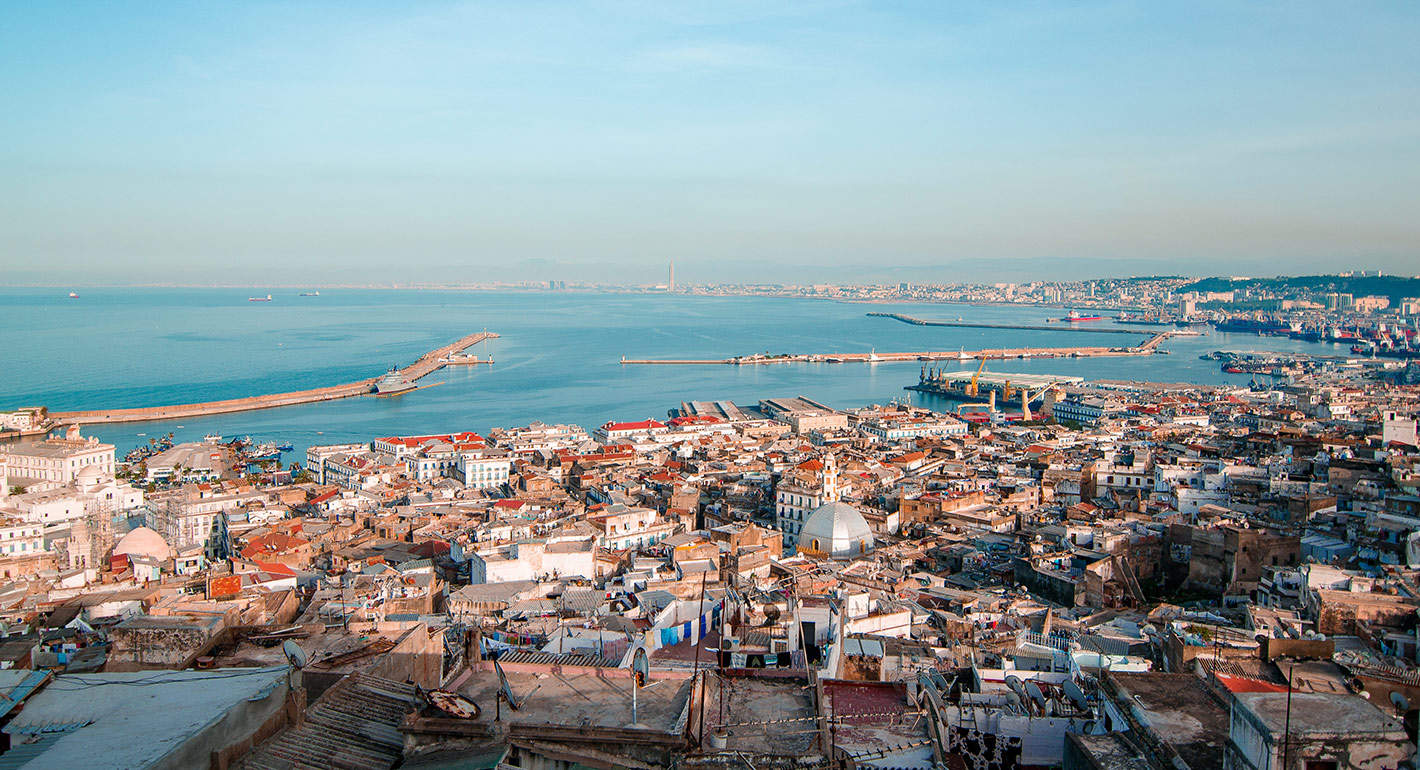Join the Carnegie Endowment’s Middle East program for a panel discussion moderated by Ishaan Tharoor, a Washington Post global affairs columnist, featuring editors of the new volume and legal scholars examining the book’s major findings and wider implications for speech and protest on college campuses and beyond.
- +5
- Zaha Hassan,
- H. A. Hellyer,
- Marwan Muasher,
- Maya Berry,
- Mona Shtaya,
- Frederick Lawrence,
- Ishaan Tharoor,
- Kenneth Stern
